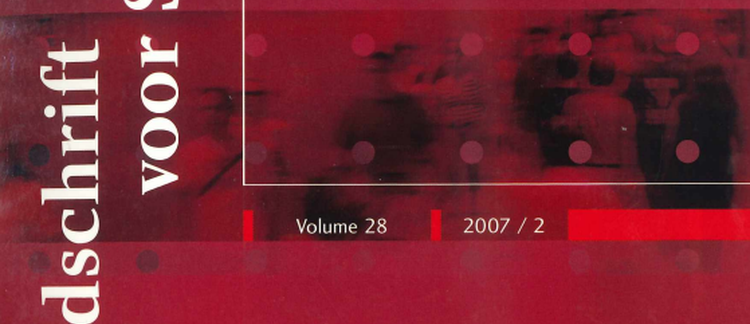Abstract
This article examines the effect of sports club membership on social distance. Data are used from the Dutch Familiy Surcey 2003, a large-scale survey with retrospective information on sports club membership careers of more than two thousand adults. First, logistic regression analyses show that ever-members compared to never-members are more likely to have large acquaintance networks and are more likely to display generalized trust. Controlled for other variables, like education and religious participation, only the difference with respect to having many acquaintances remains significant. Next, differences between ever-members are examined regarding career circumstances: influences of co-members, activities, and contact histories. Sporting with previously unknown others increases the likelihood of having large acquaintance networks. So does socializing in the sports canteen. Longstanding membership careers are associated with higher trust levels. Surprisingly, those members who quitted their career in the distant past are more trusting than current members. Notably, team members and solo members are equally connected.
How to Cite:
van der Meulen, R., (2007) “Brier, frikandel en voetbal: lidmaatschap van sportverenigingen, vriendschappen, kennissenkringen en veralgemeend vertrouwen”, Tijdschrift voor Sociologie 28(2), 166–191. doi: https://doi.org/10.21825/sociologos.86680
Downloads:
Download PDF
View
PDF

